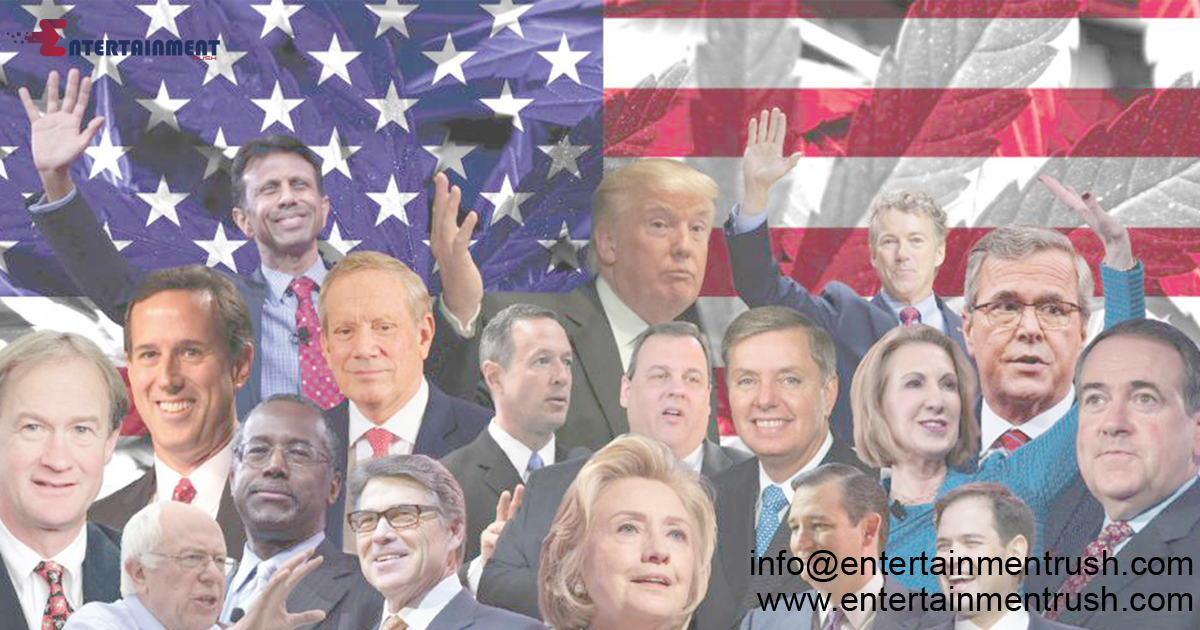In the ever-changing landscape of American politics, discourse serves as the lifeblood of democracy. It is through debate and discussion that ideas are exchanged, policies are formed, and progress is made. However, the US political landscape is often characterized by deep divides and divergent viewpoints, making the task of engaging in meaningful discourse both challenging and essential.
Polarization: The Divided States of America
One of the defining features of contemporary American politics is polarization. Over the past few decades, political parties have become increasingly ideologically homogenous, with Republicans and Democrats moving further apart on key issues such as healthcare, immigration, and gun control. This polarization has led to gridlock in Congress and heightened tensions among the electorate, making it difficult to find common ground and enact bipartisan solutions.
Partisan Media: Echo Chambers and Information Silos
The rise of partisan media outlets has further exacerbated political polarization in the United States. With the proliferation of cable news channels, talk radio programs, and online news sites catering to specific ideological viewpoints, many Americans find themselves living in echo chambers where their beliefs are constantly reinforced and alternative perspectives are dismissed. This phenomenon has contributed to the erosion of trust in traditional media sources and the spread of misinformation and conspiracy theories.
Identity Politics: The Intersection of Race, Gender, and Identity
Identity politics has emerged as a dominant force in American politics, with issues of race, gender, and identity playing an increasingly central role in political discourse. While some argue that identity politics is essential for amplifying the voices of marginalized groups and addressing systemic inequities, others contend that it has led to the politicization of personal identity and the marginalization of alternative viewpoints. As the country becomes more diverse, navigating the complexities of identity politics will remain a key challenge for policymakers and activists alike.
Economic Inequality: The Great Divide
Economic inequality is another pressing issue that shapes political discourse in the United States. The gap between the rich and the poor has widened significantly in recent decades, with the wealthiest Americans accruing a disproportionate share of the nation’s wealth and resources. This economic inequality has fueled resentment and discontent among many working-class Americans, leading to calls for progressive economic reforms such as higher taxes on the wealthy, increased access to healthcare and education, and a higher minimum wage.
The Role of Social Media: A Double-Edged Sword
Social media has emerged as a powerful tool for political engagement, allowing individuals to connect with like-minded peers, organize grassroots movements, and hold elected officials accountable. However, social media platforms also facilitate the spread of misinformation, the amplification of extremist viewpoints, and the proliferation of filter bubbles that insulate users from opposing perspectives. As policymakers grapple with how to regulate social media in the digital age, the impact of these platforms on political discourse remains a subject of intense debate.
Nurturing Dialogue in a Divided Nation
Engaging in meaningful discourse is essential for navigating the complexities of the US political landscape. By confronting polarization, challenging echo chambers, addressing identity politics, tackling economic inequality, and harnessing the potential of social media, we can foster a more inclusive and informed public discourse that reflects the diversity of American society. While the challenges ahead are significant, the promise of democracy lies in our ability to engage with one another respectfully, empathetically, and constructively, even in the face of disagreement. As we continue to navigate the turbulent waters of American politics, let us strive to bridge divides, build consensus, and forge a path forward that honors the principles of democracy and justice for all.




Leave feedback about this